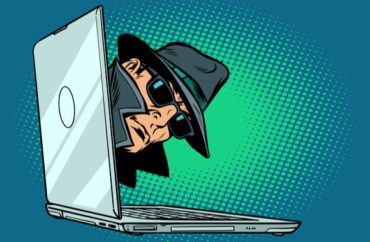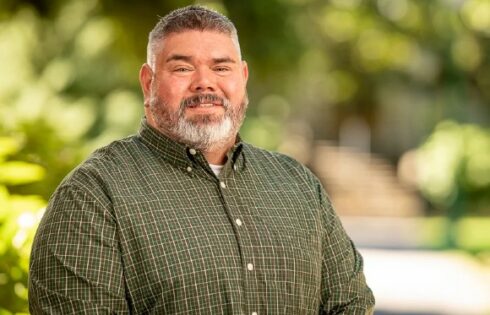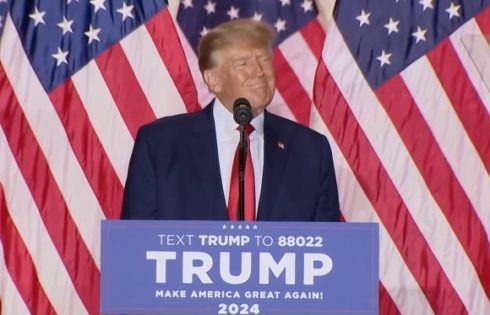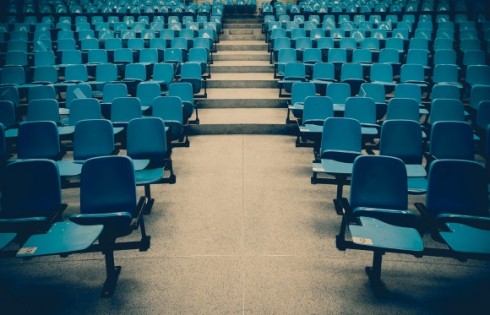
Think about ‘the social-media mobs of the 2040s’
You may recognize UCLA professor John Villasenor’s name from our coverage of his survey on student support for disruption of speakers they oppose, and even violence against such speakers (a finding replicated in other surveys).
The senior fellow of the left-leaning Brookings Institution also warned that “largely unwritten rules” on campus have reduced viewpoint diversity to an all-time low.
The chilling effects of explicit campus policies are Villasenor’s latest target in The Chronicle of Higher Education.
UCLA’s law school, where the public policy professor has a joint appointment, has a default policy of recording all instructors’ classes unless they opt out. Villasenor explains why he always opts out his 20-something student courses:
Today’s students live in a world in which an increasing fraction of their lives is digitally surveilled. Their locations are tracked by their smartphones, their online activities are logged by app providers, their text messages are stored in their phones and in the phones of others, and their comings and goings are tracked by key cards and by cameras in building entrances and hallways. A highly interactive classroom should be a space beyond the reach of the digital panopticon.
He calls the college classroom “an interesting in-between space” that facilitates the sharing of diverse perspectives “without the scripted, performative style of dialogue that is often on view in televised debates and other very public settings.”
Recording these discussions threatens that they will be replayed to “an unknown number of additional people in the future,” perhaps without their original context or in a way that can otherwise be used against them, Villasanor argues.
How confident are we that colleges and universities will responsibly use these recordings for the foreseeable future? He speculates:
Imagine if recordings existed of the college or graduate-school classes that today’s politicians and business leaders took in their student days. It’s a safe bet that there would be a cottage industry of people working to dig those recordings up, scrutinizing them for any comments that could be weaponized, and triumphantly posting the fruits of their searches on social media.
If we want classrooms to be “places where students can engage in candid, spontaneous discussion on complex topics” that may rile up “the social-media mobs of the 2040s” if they become public, we should think twice about recording them, Villasenor says.
IMAGE: rogistok/Shutterstock
Like The College Fix on Facebook / Follow us on Twitter




Add to the Discussion